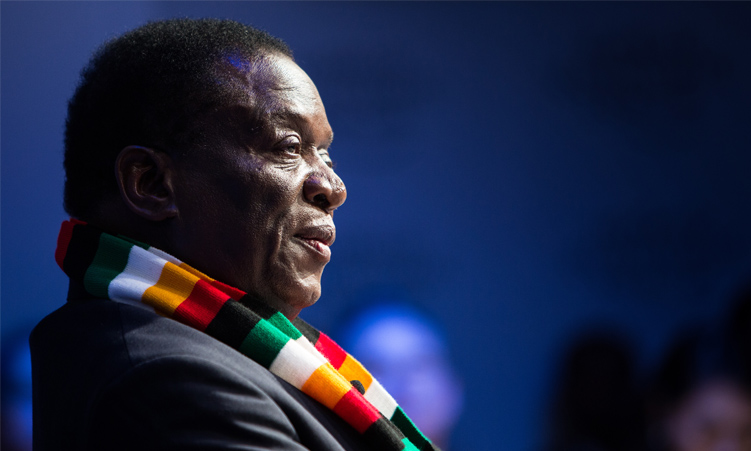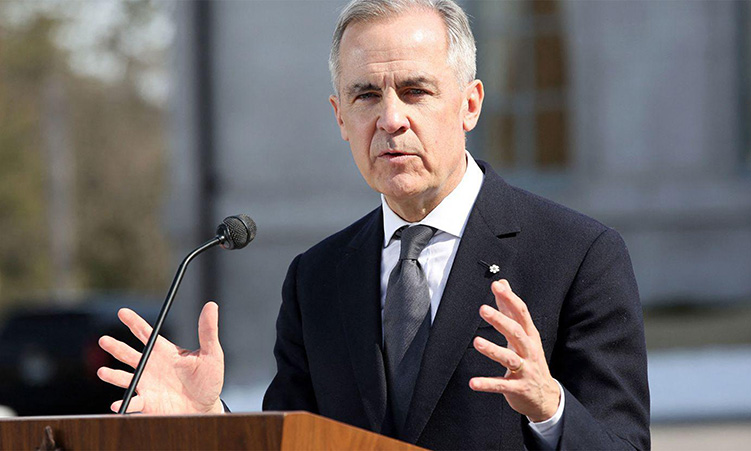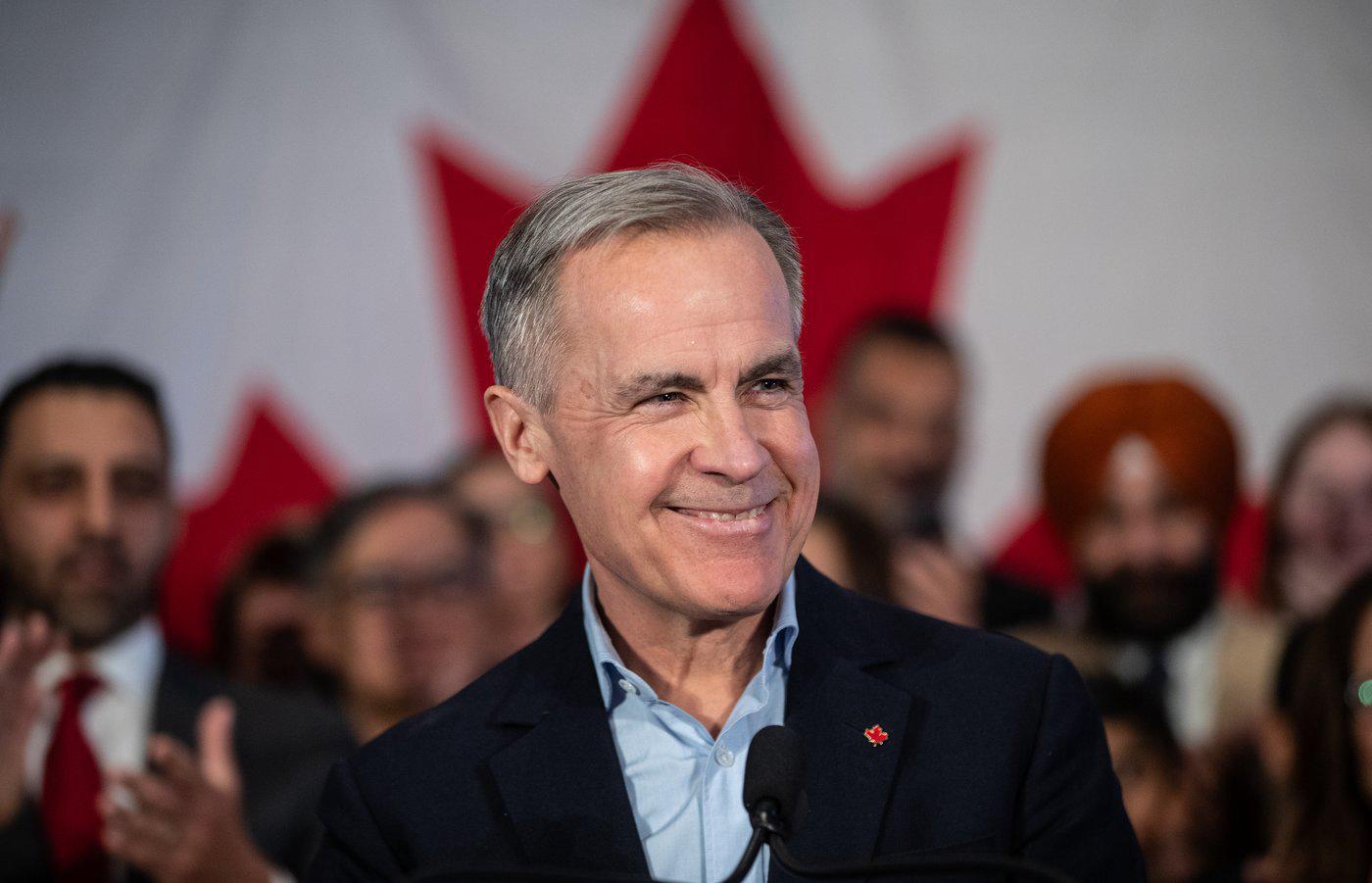Ministry of International Relations and Cooperation director of multilateral affairs Jeroboam Shanika has labelled the United States’ (US) sanctions against, among others, Zimbabwean president Emmerson Mnangagwa as “unilateral, ill-conceived and misguided”.
He also accused the US of cherry-picking which sanctions must be applied on Zimbabwe and which must not.
On Monday, the US implemented sanctions against Mnangagwa and several other senior leaders, transitioning from a long-standing, comprehensive pressure strategy to more focused measures.
The US government, however, said it has lifted sanctions on Zimbabwe.
“I really don’t understand the motivations for these cherry-picked sanctions, which are in reality unilateral coercive measures intended to influence the domestic politics of the targeted country.
“These are ill-conceived and misguided measures. The reasons they give are ridiculous, because they apply to certain countries, while the countries that imposed unilateral coercive measures are precisely those that protect countries that violate international law and international humanitarian law. If you stand up for what is right, do so out of principle, not for convenience,” he said.
Namibia, through its three successive presidents, has advocated the removal of sanctions on Zimbabwe at the United Nations General Assembly.
Zimbabwe was slapped with a range of sanctions in the early 2000s after a controversial Robert Mugabe-led land reform programme which saw the eviction of an estimated 4 000 of the country’s predominantly minority white farmers.
The Zanu PF regime under then president Mugabe was also accused of gross human rights violations following a series of disputed elections from the early 2000s until 2017.
But the Zimbabwean ruling party has perennially lashed out against the sanctions, labelling them as part of a regime change agenda meant to aid the opposition into power.
Mnangagwa’s administration has, however, recently sought to normalise relations with Washington, which saw a couple of white farmers getting their farms back. In 2020, the Zimbabwean government announced that only foreign white farmers protected by international investment treaties were eligible to get their farms back. In August 2020, the Mnangagwa administration agreed to compensate the farmers US$3,5 billion, as part of another move to resolve the contentious land question.
In the meantime, Zanu PF director of information Farai Marapira has accused US president Joe Biden’s regime of glossing over sanctions illegally imposed on Zimbabwe. “What the American government is trying to do is to gloss over what have always been illegal sanctions… and they continue to try and change them. We are not free from the yoke of US sanctions, they must be removed totally. For as long as the president, or any Zimbabwean or any company is still under sanctions, then Zimbabwe is under sanctions,” he said. Zanu PF has blamed the country’s economic decline over the years on the sanctions, which it says have closed doors for Zimbabwe to fairly trade in international markets.
Commenting on the reworked sanctions this week, US deputy treasury secretary Wally Adeyemo said Washington was imposing targeted sanctions on specific individuals.
These targets were president Mnangagwa and his “criminal network of government officials and business people who are most responsible for corruption or human rights abuses against the people of Zimbabwe”. Secretary of state Antony Blinken said the new measures were part of a “stronger, more targeted sanctions policy”.
He accused the current administration in Zimbabwe of presiding over “serious cases of corruption and human rights abuse”.
Anti-sanctions Zimbabwean activist Rutendo Matinyarare said on his Facebook handle that the move by the US to lift sanctions on Zimbabwe was commendable. “We celebrate this amazing victory and acknowledge that it’s not only our effort, but efforts of various players and other events that brought this victory,” he said.
Stay informed with The Namibian – your source for credible journalism. Get in-depth reporting and opinions for
only N$85 a month. Invest in journalism, invest in democracy –
Subscribe Now!










